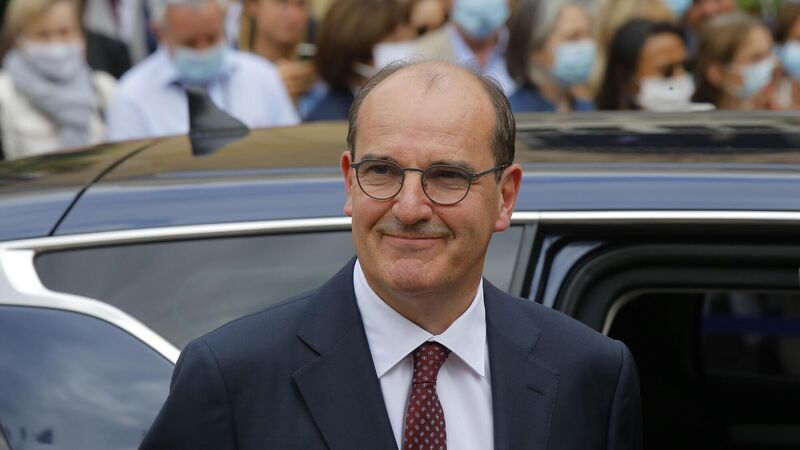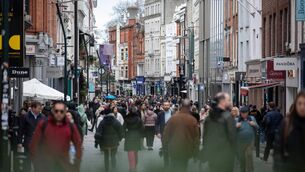France to focus on face masks as it plans €100bn stimulus package

France will not let its guard down against a still-virulent coronavirus but life must return to some kind of normality, the prime minister said, as a senior adviser to the government warned of a second wave in November.
Prime Minister Jean Castex said his government wanted to ensure the French could return to school, get back to work and enjoy a social life “as normally as possible”.











